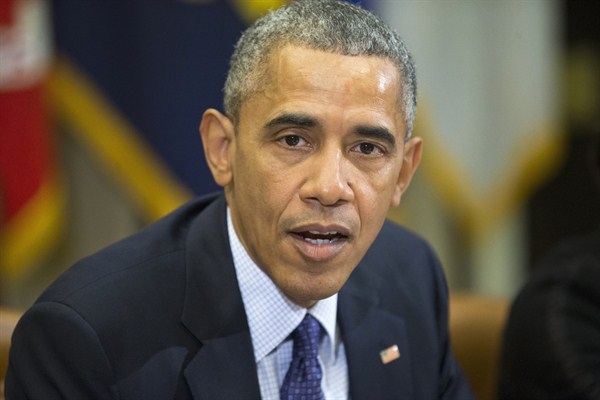Seven years ago, as he prepared to take office, Barack Obama made it clear that when it came to the issue of torture, his inclination was “to look forward as opposed to looking backwards.”
Obama clearly believed that torture had taken place under the Bush administration; he declared unequivocally in January 2009 that “waterboarding is torture.” But Obama decided that opening up questions about the practices the Bush administration had authorized could do more harm than good, and would be a distraction from his larger political agenda.
To a large degree, he was right. It’s highly unlikely that prosecuting Bush administration officials for torture would have resulted in convictions. A legal defense grounded in the notion that public officials seeking to protect Americans should be granted ample leeway to do so would be a difficult one for even the most skilled federal prosecutor to defeat. If anything, a failed prosecution risked legitimizing torture, rather than stigmatizing it.

